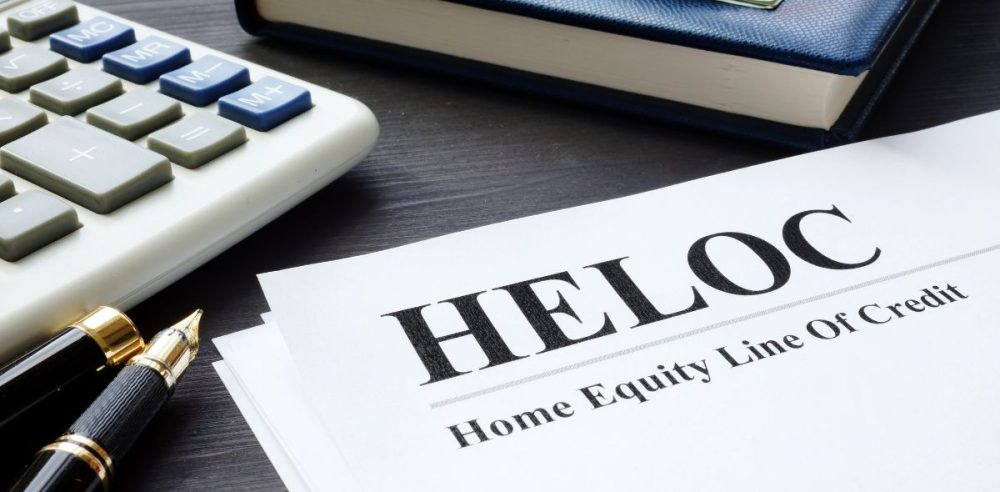Now that interest rates are starting to drop, some homeowners may be considering accessing the equity in their home to consolidate credit card debt, fund a home renovation project, start a business, or cover some other major expense.
A home’s equity is the property’s current market value minus any liens, such as a mortgage, that are attached to the property. For example, if a property is worth $300,000, and carries a $200,000 mortgage, the home equity is $100,000. The percentage of the equity that lenders will loan out varies.
A home equity loan and a home equity line of credit (HELOC) both rely on the applicant’s home as collateral to back the loan and therefore may offer a higher borrowing limit and a lower rate than an unsecured option such as a personal loan or a credit card. Neither of these home equity options affects the current mortgage that the homeowner may currently have in place.
When deciding between a HELOC or a home equity loan, a borrower will need to consider his goals and needs. A HELOC, similar to a revolving line of credit, allows the borrower to access the funds a little at a time, as needed, and he is only required to pay interest on the actual amount drawn from the account during the draw period.
HELOCs have variable interest rates which could fluctuate over the life of the loan, based on market conditions, and the paperwork usually cites a cap on how high or low the rate may go.
HELOCS have a defined draw period, usually between five and 10 years, followed by a repayment period. The repayment period could vary in length, depending on how the loan is structured, with monthly payments calculated based on the amount withdrawn and the interest rate at the time of the withdrawal.
A home equity loan, on the other hand, is disbursed to the borrower in one lump sum, and the interest rate for the loan is typically a fixed rate, meaning that the borrower will have fixed monthly payments for the term of the loan. Repayment periods could be anywhere between 10 and 30 years, depending on the structure of the loan.
So, if a borrower wants to take advantage of the current low-rate wave and make interest-only payments for the immediate future, a HELOC is the way to go. However, if a homeowner has only one specific expense to cover and wants stable, fixed payment, then a home equity loan would be a better choice, as CBS News Money Watch reported.
However, it is always a good idea to ask the loan officer to provide all possible loan scenarios so that the homeowner can make an informed decision to best suit his needs and budget.


